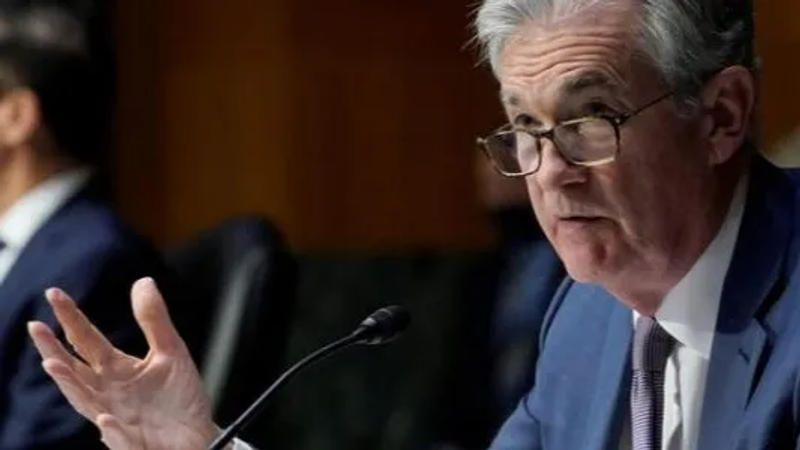Published 14:11 IST, April 13th 2024
Powell’s rate cuts may go from steady to steep
Jerome Powell had said the previous two pieces of inflation data might have been “bumps in the road”, but the current figures suggest bigger issues are afoot.

Road block. The third time is not the charm. March’s higher-than-expected inflation number, announced on Wednesday, follows hot prints in January and February, and kills off the prospects the Federal Reserve will lower borrowing costs in June. The central bank has hinted at three small rate cuts this year. Economic data and political tensions may force it into fewer, but bigger, reductions.
Fed Chair Jerome Powell had said the previous two pieces of inflation data might have been “bumps in the road”, but the current figures suggest bigger issues are afoot. The Consumer Price Index rose at an annual rate of 3.5% in March, faster than the 3.2% recorded in February, due to higher gasoline, rent and food costs. That’s the highest level since September. Although the Fed targets a different inflation yardstick that has been undershooting CPI, the pace of price growth is well above its 2% goal.

The Fed indicated it may make three cuts this year, of 25 basis points each, to bring rates from the current 5.25% to 5.5% range to around 4.5% to 4.75%. But if Powell doesn’t start cutting in June, his window will get narrower. The Fed meets at the end of July, but derivatives prices suggest traders believe the September meeting is more likely to kickstart easier monetary policy, according to LSEG. That decision falls in the middle of a presidential campaign, and would leave Powell open to criticism the Fed is helping President Joe Biden. Only two more meetings remain this year: November, but the Fed’s decision will come the day after the Nov. 6 election, and December.
The Fed is politically independent and has changed rates in the fourth year of eight of the past 17 presidential terms going back to the 1950s, according to Yardeni Research. But that’s less than half of the time, and this race is particularly tricky. More than 70% of Americans say that fixing the economy is a top priority for the president to address this year, according to Pew Research. Powell may choose not to wade in the hot political waters. But fewer bigger cuts are risky. Two 50-basis point reductions would bring rates below the level forecast by the Fed last month, increasing the chances of a pickup in inflation. Keeping rates higher through 2024 could curb economic growth and even cause a recession. Still, if economic data and political realities block the road to lower rates, Powell may be tempted to take a shortcut.
Context News
U.S. consumer prices increased 3.5% in March, more than expected, as prices for gasoline and rental housing rose, official data showed on April 10. That followed a 3.2% rise in February. The Consumer Price Index rose 0.4% last month after advancing by the same margin in February, the Labor Department's Bureau of Labor Statistics said.
Updated 14:11 IST, April 13th 2024





